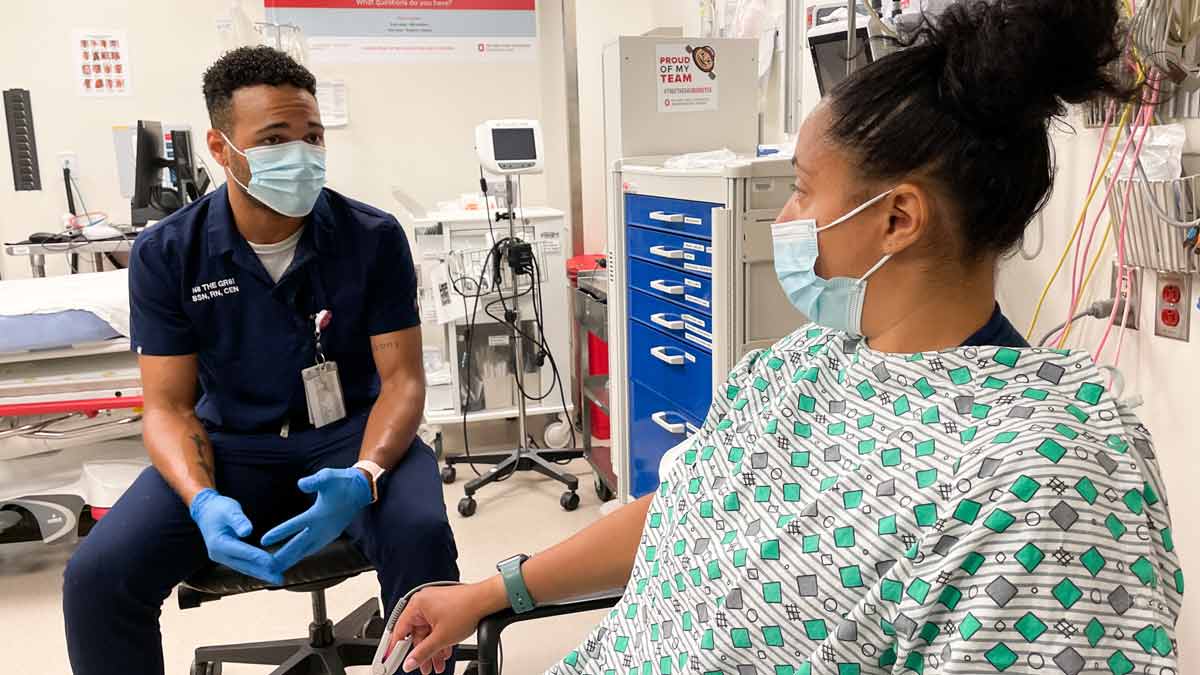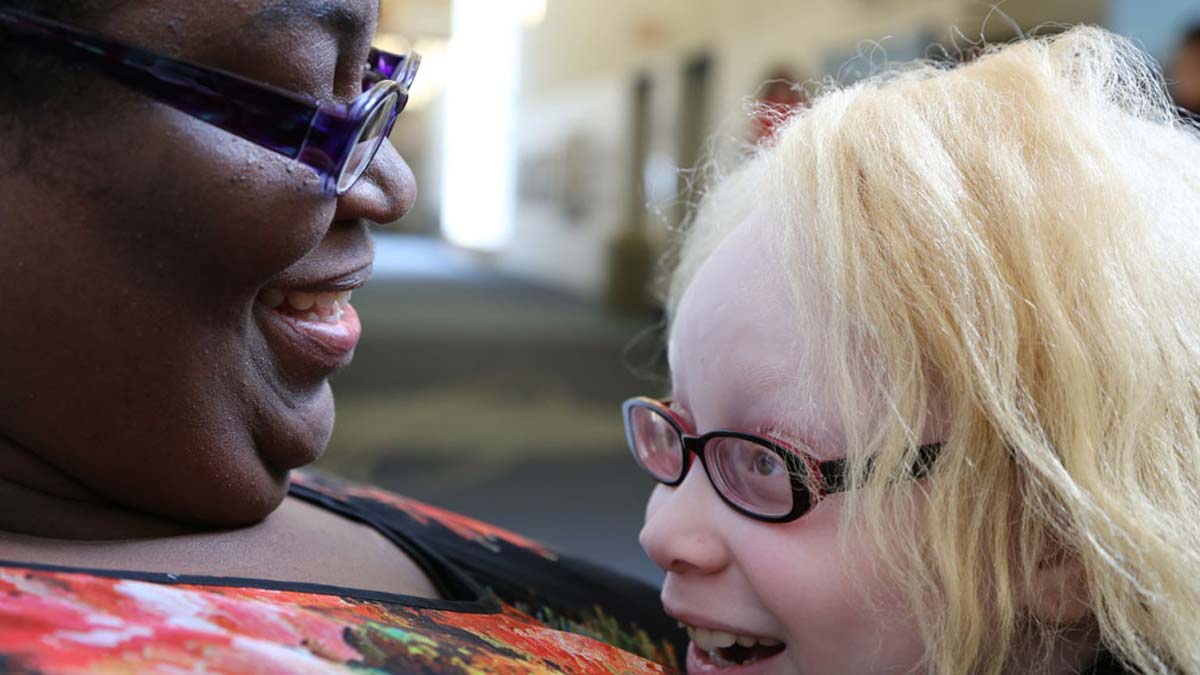What to do if you’re feeling faint

Standing up too quickly or being in extreme heat for an extended amount of time can cause you to feel lightheaded or lose your balance for a brief moment.
This feeling may seem common, but it could be a result of an underlying medical condition. Knowing how to avoid these symptoms and what’s causing them can be helpful to identify the trigger.
What causes you to feel faint?
Feeling faint is known as presyncope. This causes the feeling of lightheadedness with the sensation that you’ll pass out without actually losing consciousness, or syncope. Warning symptoms, such as feeling warm and sweaty, blurred vision or seeing stars, racing heart and feeling weak often precede the faint feeling.
The causes of presyncope/syncope generally fall into three categories:
Vasovagal - This can be triggered by coughing, sneezing, straining during bowel movements, holding your breath, extremely hot temperatures, stress or anxiety, standing too long and severe pain.
Orthostatic - This can be medication-induced or due to underlying health problems, particularly those affecting the neurologic system. Diuretics and medications to lower blood pressure can cause the feeling of lightheadedness when standing. Dehydration, especially from acute illness that results in vomiting or diarrhea, is another common cause for orthostasis.
Cardiac - Abnormalities in heart rhythms, as well as changes in the structure of the heart, can cause presyncope and syncope.
Tips to avoid feeling faint
- Drink at least 2 liters of fluid daily.
- If taking medication for blood pressure, take your time when transitioning from sitting to standing.
- If you do begin to feel faint, lie down and elevate your legs.
- Avoid standing for prolonged periods of time.
Some people may need an increase in salt intake to increase blood volume inside the blood vessels. Speak to your physician to determine if this is helpful for you.
When should you consult a physician after feeling faint?
If you experience symptoms of fainting or actual loss of consciousness, you should contact your primary care provider to determine if you need to have an evaluation. Presyncope and syncope are evaluated similarly, so either of these symptoms warrants speaking to your provider.
Ashley Jones is a certified nurse practitioner at The Ohio State University Wexner Medical Center.




